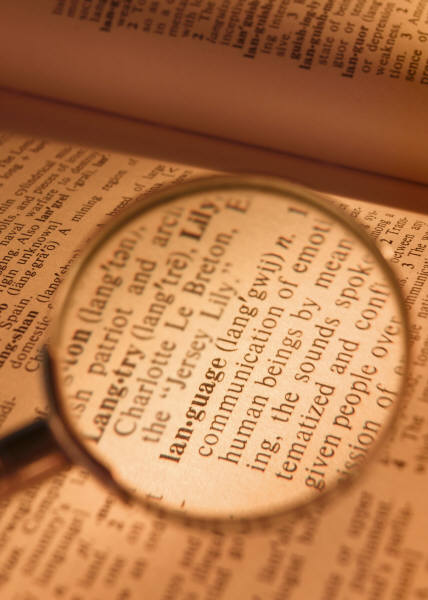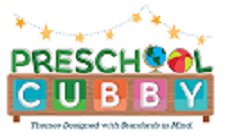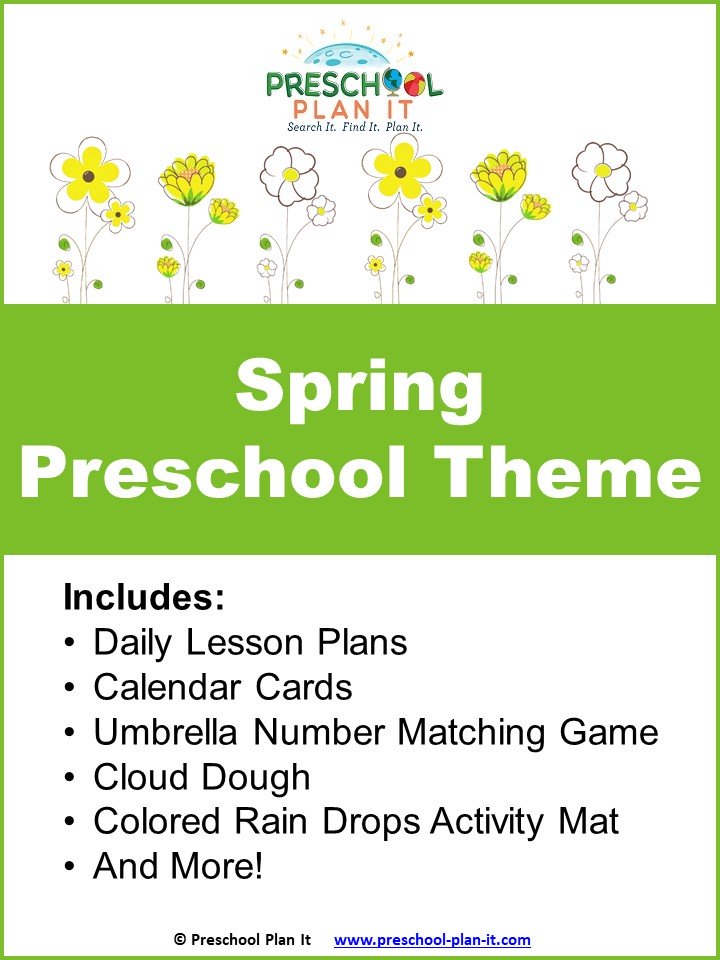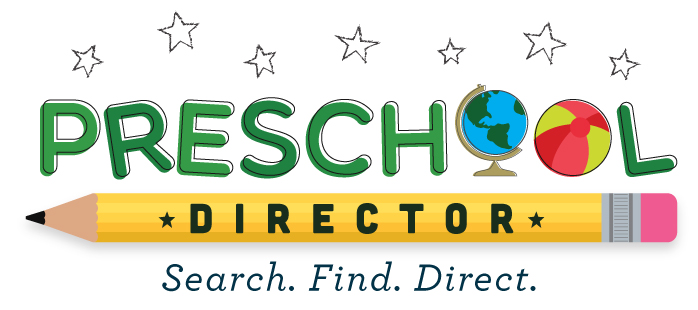Language Development
In Early Childhood
What can you expect for language development in the preschool years? What can you do to foster language skills? The number one ingredient for successful language development is interaction. I was watching twin babies yesterday while their mother went to get the other children ready to go to the lake. The babies were in their car seats ready to go. They had been changed and fed, yet they began to cry.
First one cried, then the other and occasionally they joined forces like they were performing a well composed song of some sort. I gently rocked the car seats and sang quietly as they drifted off to sleep. This seems to work with babies, however once babies become toddlers they usually put their little hands over my mouth when I sing. How do you like that for communication?
Earlier in the day they cried (as all babies do) whenever they were hungry or had messy diapers. Every time they cried their needs were met. It wasn't difficult to figure out what they were trying to communicate. We had a general idea what to look for, however they let us know at the specific moment they needed our assistance. These babies have already figured out how to communicate - this is the beginning of their language development.
Language development is communication and they are already using their voices to tell us what they want. You say, "All babies do that?" Well, I like to think these babies are geniuses but you are right. However, these babies get an appropriate response when they cry. It is sad to say, but some babies do not get a response when they cry. Some babies get a very inappropriate response when they cry. Communication is a two way street.
A short time down the road the babies will begin to babble. When a baby says "dadada" the baby's father will probably smile and swell up with pride and say to the baby, "dada, dada, dada." The baby often responds by continuing to make the sound and she may smile too. The more reaction the baby gets from other people when she babbles the more she will babble.
Pretty soon she begins to undertand that certain combinations of sounds have meaning. She also realizes that she can get people to pay attention to her by making the appropriate sounds. People are generally pretty excited when a baby begins to form words so they do what they can to get the baby to develop language skills. What a wonderful cycle of turn taking that results in pleasant interactions for the babies as well as everyone who knows them.
Preschool Language Development
By the time the average preschooler starts school she has a reasonably big vocabulary. The lucky preshooler who has had lots of pleasant interactions knows how to communicate her wants and needs. She often knows how to make people smile too. Some toddlers and preschoolers have not learned any kind of language skills and may need to use various other types of behaviors to get what they want.
A preschool teacher may have children in her classroom with a very wide variety of language skills. A good teacher is aware of the ability of each child in her classroom. She also has a box of tricks to address all of the levels of language development.
If a child uses words but only short sentences the teacher may repeat what the child has said and add a little detail to her sentence. If the child uses poor grammer the teacher may repeat the child's request using more appropriate grammer. Sometimes the teacher repeats what the child has said as if to verify or clarify or in the form of a question or answer to a question.
Sometimes, as a child develops language skills, she may not use the words she knows to get what she wants, but might grunt and point instead. One of my children didn't use much language when he was a toddler. The doctor said to me, "Do you give him whatever he wants when he grunts and points? "NO, I wouldn't do that".
At least I was pretty sure I never responded that way. Then I realized that there were a number of other children around my house constantly. As I observed, I realized that this particular child was often getting what he wanted from one of the many other people at my house by grunting and pointing.
Some children have already developed appropriate language skills in the preschool years. There are many strategies for helping them continue to move to the next level of language development. Families and caregivers alike can encourage the development of language skills by conversing with children during meals.
It is my opinion that conversation during meals is even more important than saying please when passing the peas. I also believe that baby talk is fine for babies but as children grow they will learn to speak appropriately by hearing other people speak appropriately. I love to hear a children use rare words.
Reading to children is not only fun and relaxing but is also great for increasing the level of language development. Reading is also a wonderful way to bond with a child. WOW! You get all those benefits by reading to a child? I wonder why we don't do it more often?
Remember the baby who was learning to talk because of the marvelous interaction with her father? Well, as children grow they still need those kinds of interactions. While riding in the car I often entertain my smallest passengers by playing guessing games. We also talk about the scenery and construction projects along the way.
One day, I had a four year-old in my car who wanted to talk about the numbers on my digital clock. I had no idea he could read the numbers on the clock in such a way that he was actually able to tell me what time it was. Amazing!
One great way to get children to talk is to talk about what they are interested in. One little guy I know loves dinosaurs. He collects dinosaurs and owns numerous dinosaur books. Of course I learned what I know about dinosaurs by reading to him. But, as time went on he had gained enough language about dinosaurs that he could tell me everything I might ever want to know about dinosaurs and then some!
Remember that language development is a two way street. You can talk all you want but listening is equally important. Once again, lets think about the baby who's father listened to the baby's use of language then reacted. His reaction to the baby's language caused the baby to use more and more language. But, the father did not stop listening to the baby. He liked hearing what the baby had to say.
Most people no matter how old will have plenty to say if we take the time to listen. Language development is a cycle that depends on mutual respect and caring.
Go to Early Childhood Development Main Page
Go to Preschool Professor's HOME Page









